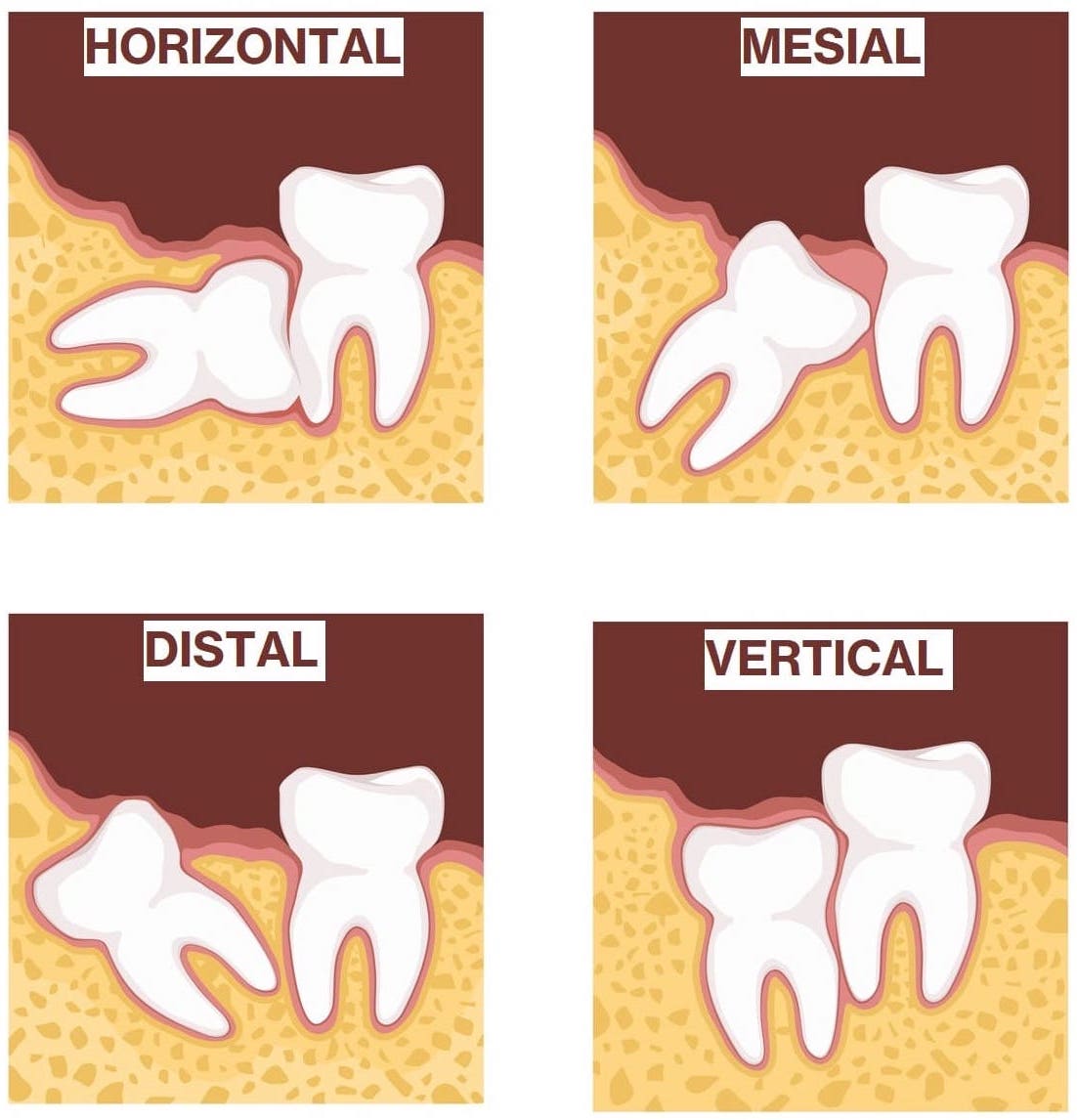Reliable . Gentle . Caring
The dePacific Dental Group has been established since 2000. We have since been providing our patients with personalised and professional dental experience. We also offer comprehensive, high quality dental services in a safe and comfortable environment.





